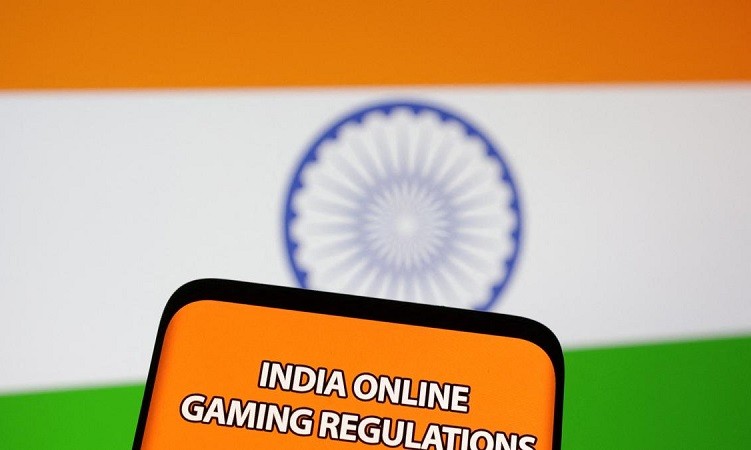
New Delhi: On Friday, the government issued a cautionary statement directed at media outlets, social media platforms, and affiliated entities, urging them to refrain from promoting and disseminating advertisements created by online real-money gaming (RMG) companies.
The Ministry of Information & Broadcasting (I&B) has notified that failure to comply with this advisory could lead to "appropriate actions" under "various statutes." The intention behind this advisory is to curb both direct and indirect advertising of games that could potentially be categorized as betting or gambling.
The advisory, released on Friday, stated, "Advertisements promoting gambling or betting platforms not only pose significant financial and socio-economic risks, especially to young people and children but also have connections to money laundering networks, thereby endangering the country's financial security."
The advisory further noted that advertising intermediaries and social media platforms have been permitting both direct and indirect advertisements of betting and gambling platforms, particularly during major sporting events like cricket tournaments. This has led to a surge in the promotion of such betting and gambling platforms during these events.
Consequently, the advisory urgently requested these platforms to abstain from featuring any form of advertisements or promotional content related to such activities. Failing to comply with this request could result in the government taking necessary actions under various legal frameworks.
The advisory's release follows concerns reported by Mint a day prior on behalf of the I&B Ministry. Vikram Sahay, the joint secretary of the I&B Ministry, expressed his concerns about the upcoming World Cup and Asia Cup, emphasizing the risks posed by online betting platforms, which are linked to financial frauds and significant irregularities.
This is not the first time the ministry has issued such advisories. Similar directives were released in June and October of the previous year, as well as in March of the current year.
Stakeholders in the industry have highlighted that while the government's position on the real-money gaming sector has been relatively clear, a key challenge lies in effectively implementing and enforcing self-regulatory bodies (SRBs) in the online gaming sector. These SRBs are mandated by Rule 3(1)(b) of the January 2nd amendment to the Information Technology (Intermediary Guidelines and Digital Media Ethics Code) Rules, 2021.
Jay Sayta, a legal expert in technology and gaming, raised a pertinent point: "The issue is that SRBs for permissible online games have not been operationalized under the IT Rules, but the advisory mentions intermediaries requiring to carry only advertisements of ‘permissible’ online RMGs. If many advertisers and intermediaries have not been following advisories in the past one year, why isn't penal action being initiated, and why is the government issuing warnings through advisories while not initiating any concrete criminal action against advertisers for flagrant violations?"
A senior policy advisor representing multiple online gaming firms in the country, who preferred to remain anonymous, highlighted that the Ministry of Electronics and Information Technology (Meity) has yet to provide clarity on the timeline for establishing SRBs.
"Despite multiple rounds of discussions and clarifications between the government and various stakeholders in the online gaming industry regarding operational procedures and other aspects of SRBs, there is still no clear indication of when this mechanism will be put in place," the advisor stated.
An email inquiry to a Meity spokesperson went unanswered as of the time of press.
However, even without the establishment of SRBs, companies could still face legal repercussions for failing to comply with the issued advisories.
Sayta clarified that these advertising restrictions would not extend to the burgeoning esports industry, which has recently begun forming partnerships with mainstream broadcasting platforms to promote and broadcast tournaments. Examples include Nazara’s Nodwin Gaming partnering with Star Sports to broadcast the Battlegrounds Mobile India Master Series and Krafton collaborating with the streaming platform JioCinema for live broadcasts of its Battlegrounds Mobile India Series this year.
"Legal measures applicable to illegal online gaming companies and advertisers promoting such platforms encompass state gambling acts and the Consumer Protection Act. If there is evidence of money laundering, illegal foreign transactions, and tax evasion, additional laws such as the Foreign Exchange Management Act, 1999, Prevention of Money Laundering Act, 2002, the Goods and Services Tax Act, and the Income Tax Act could also be invoked," he added.